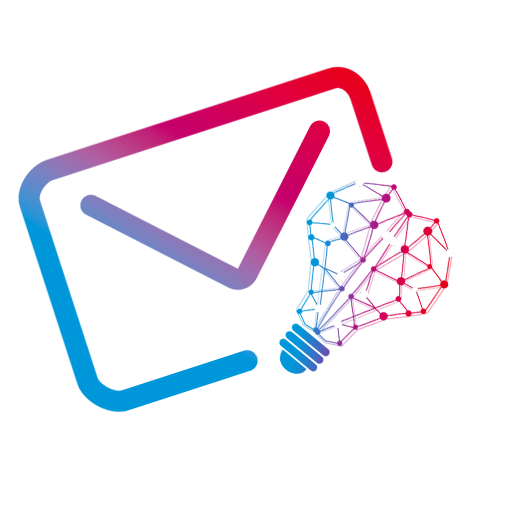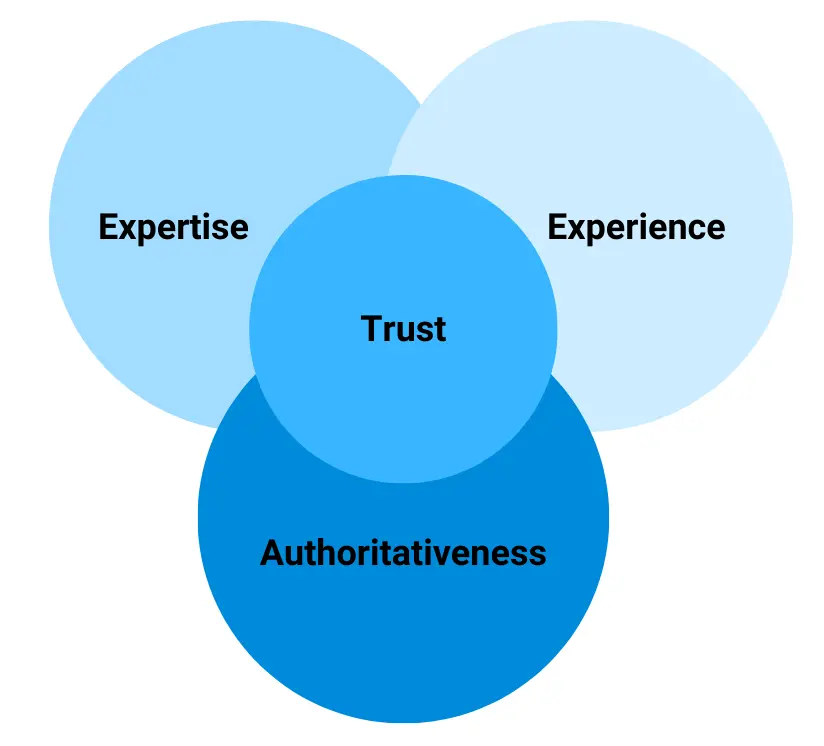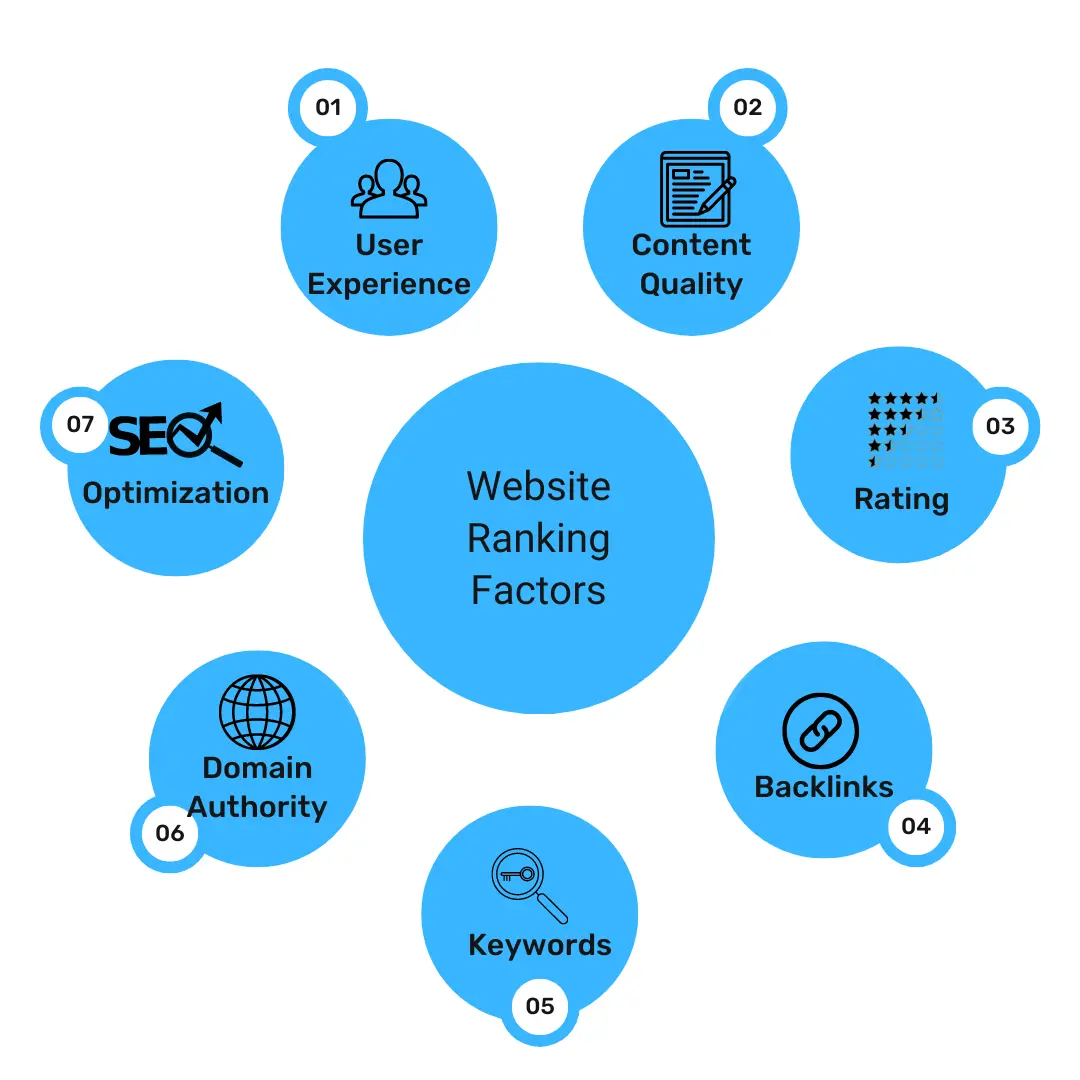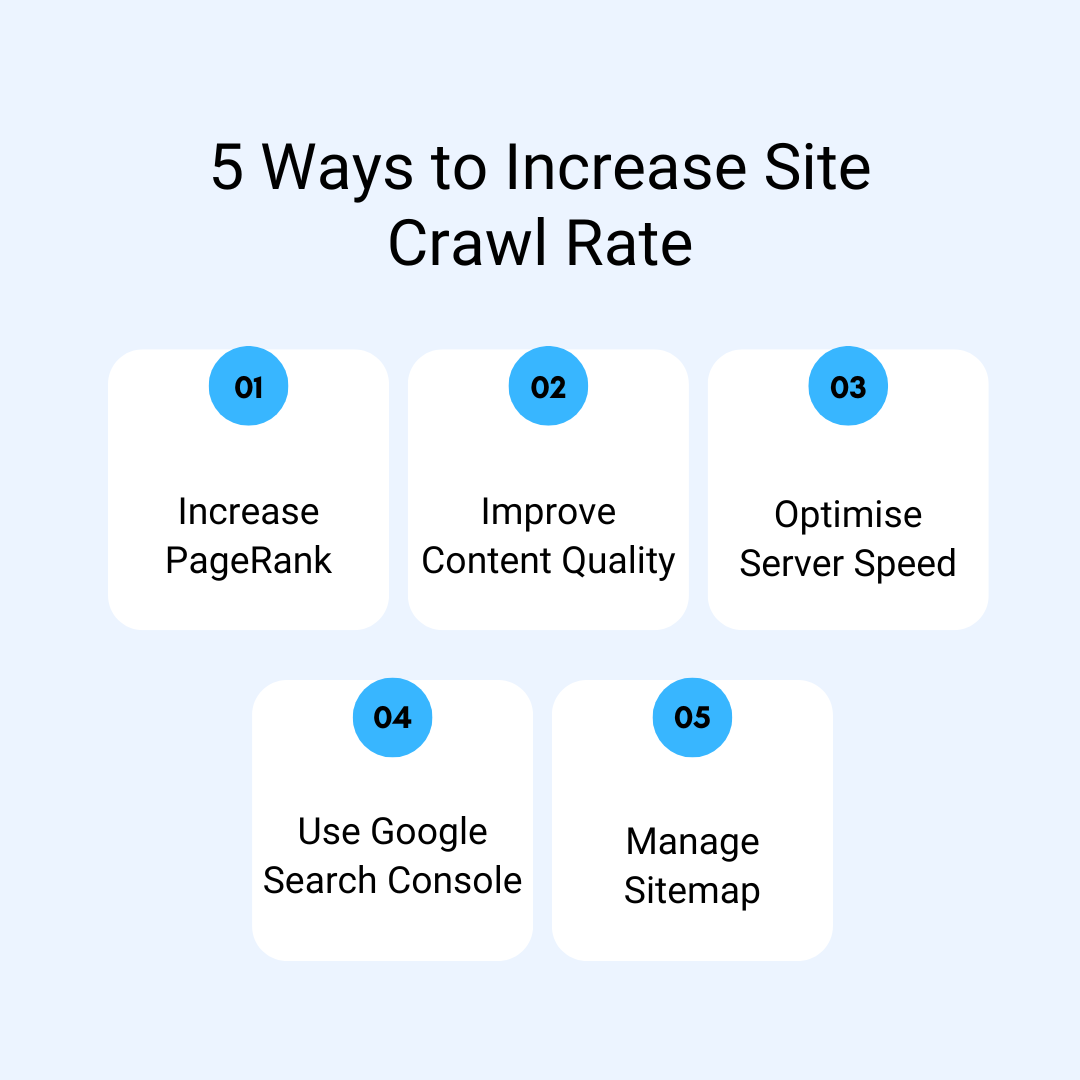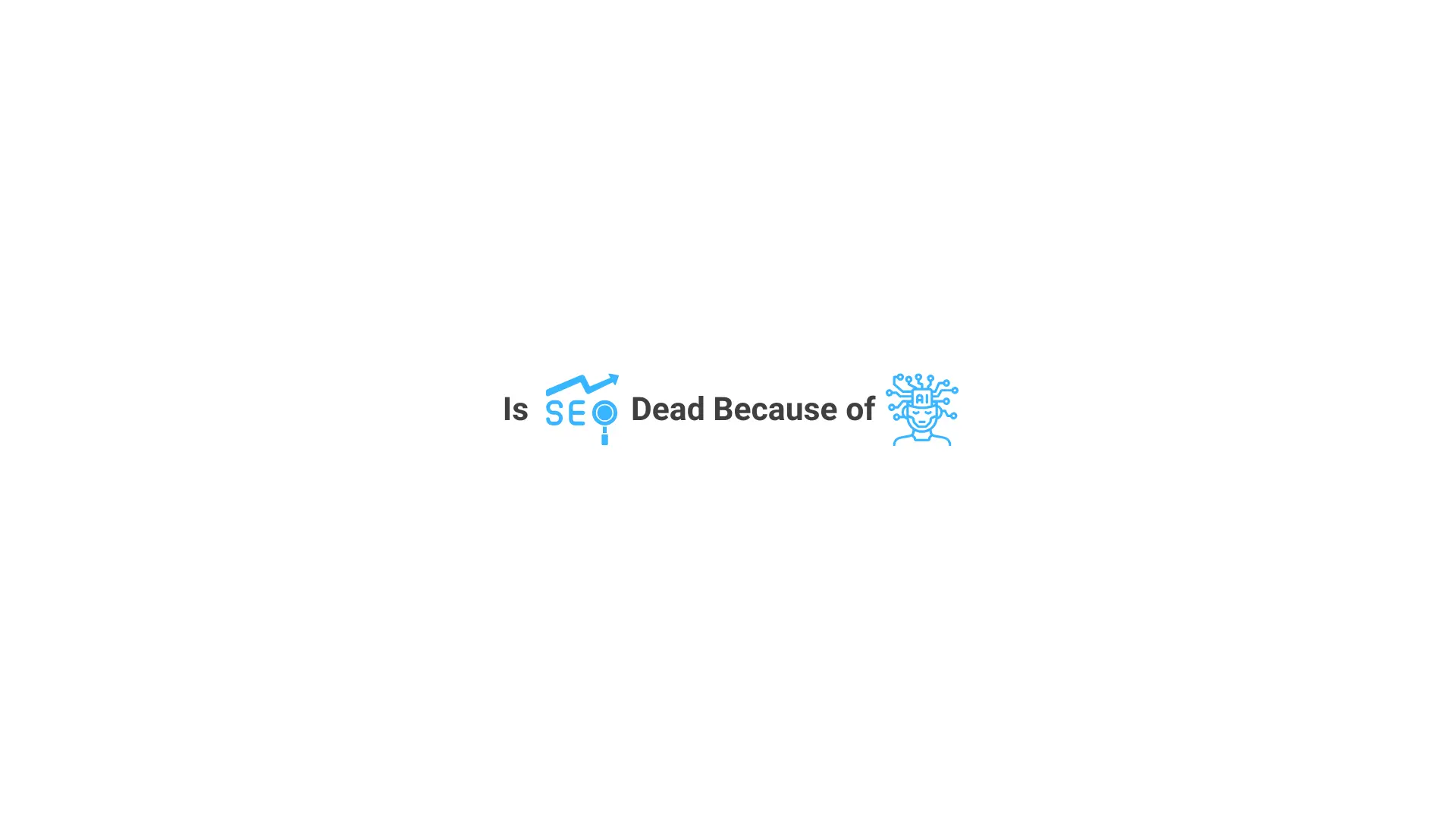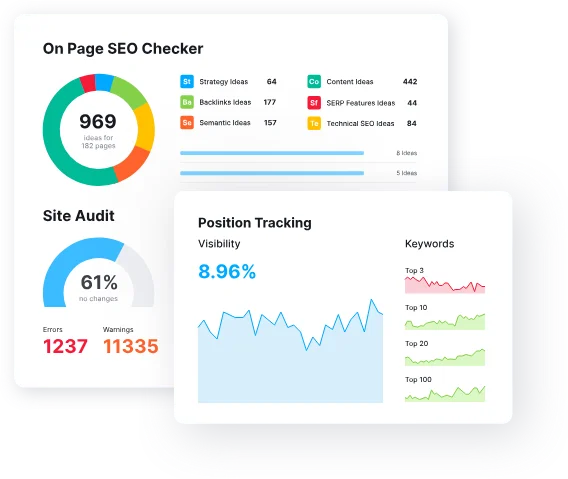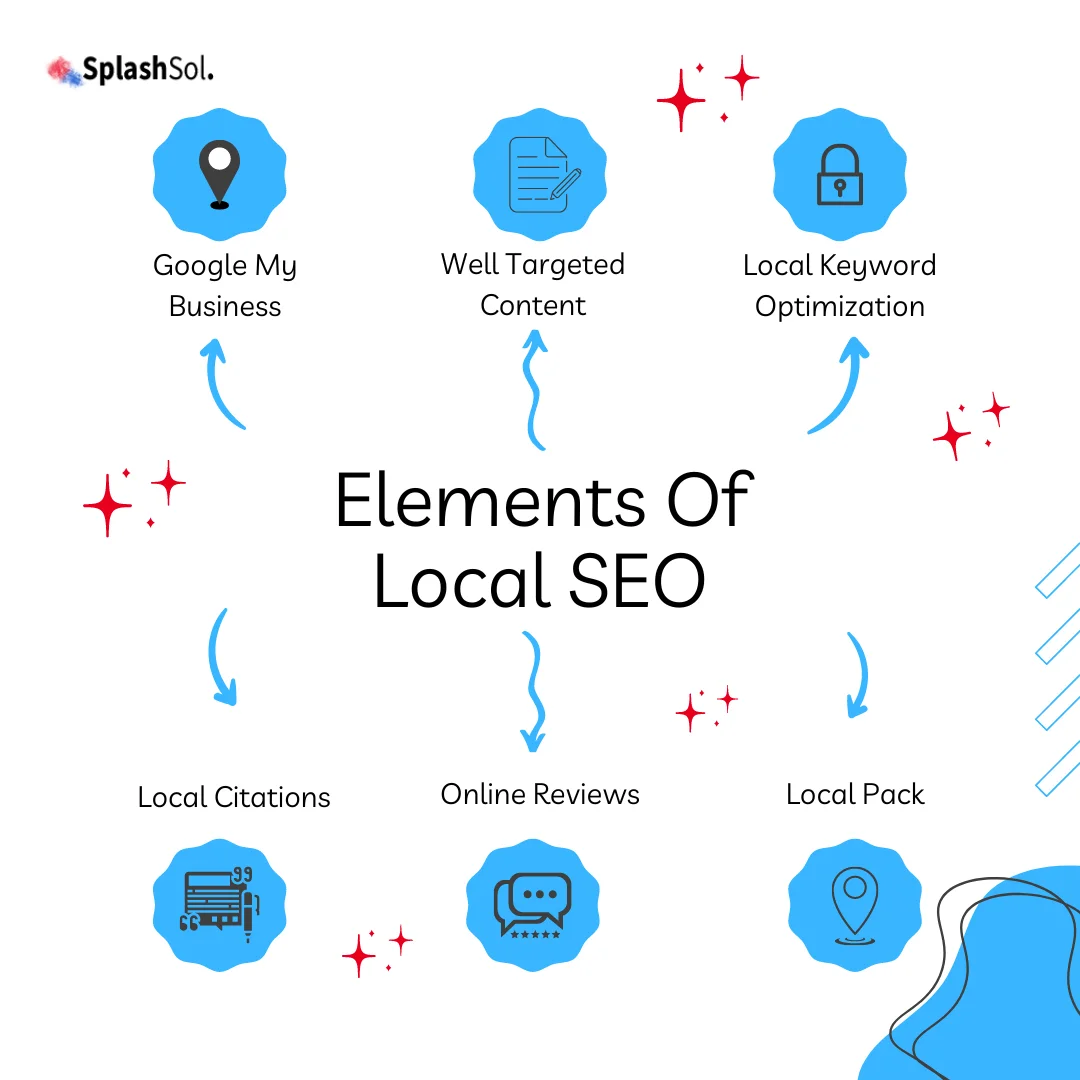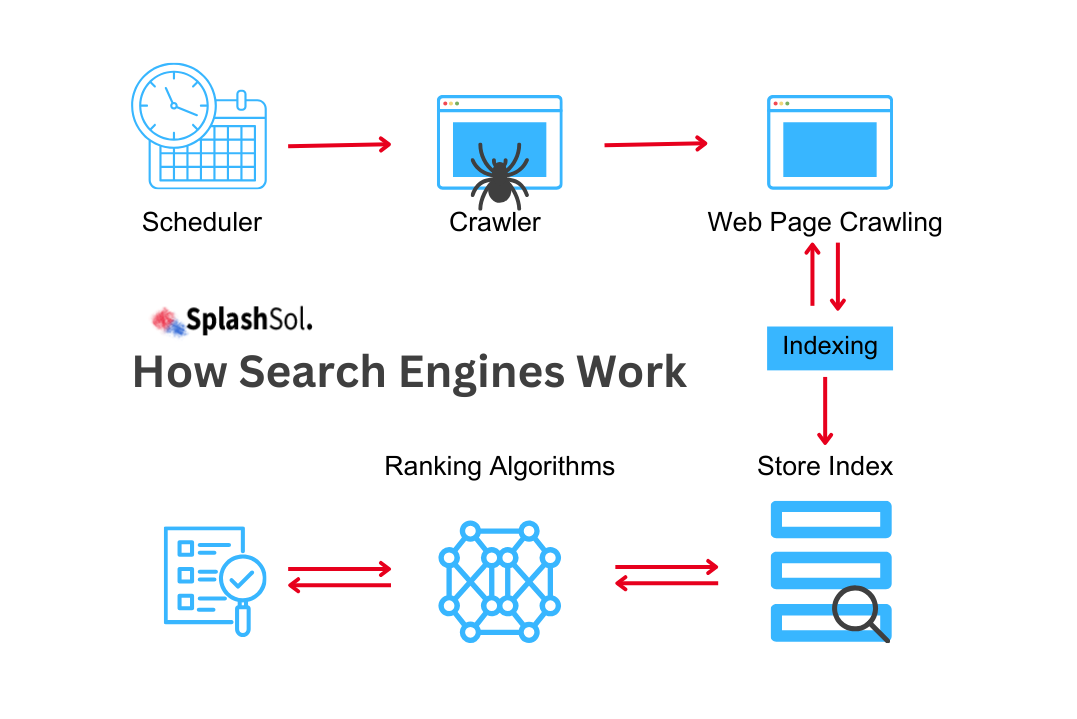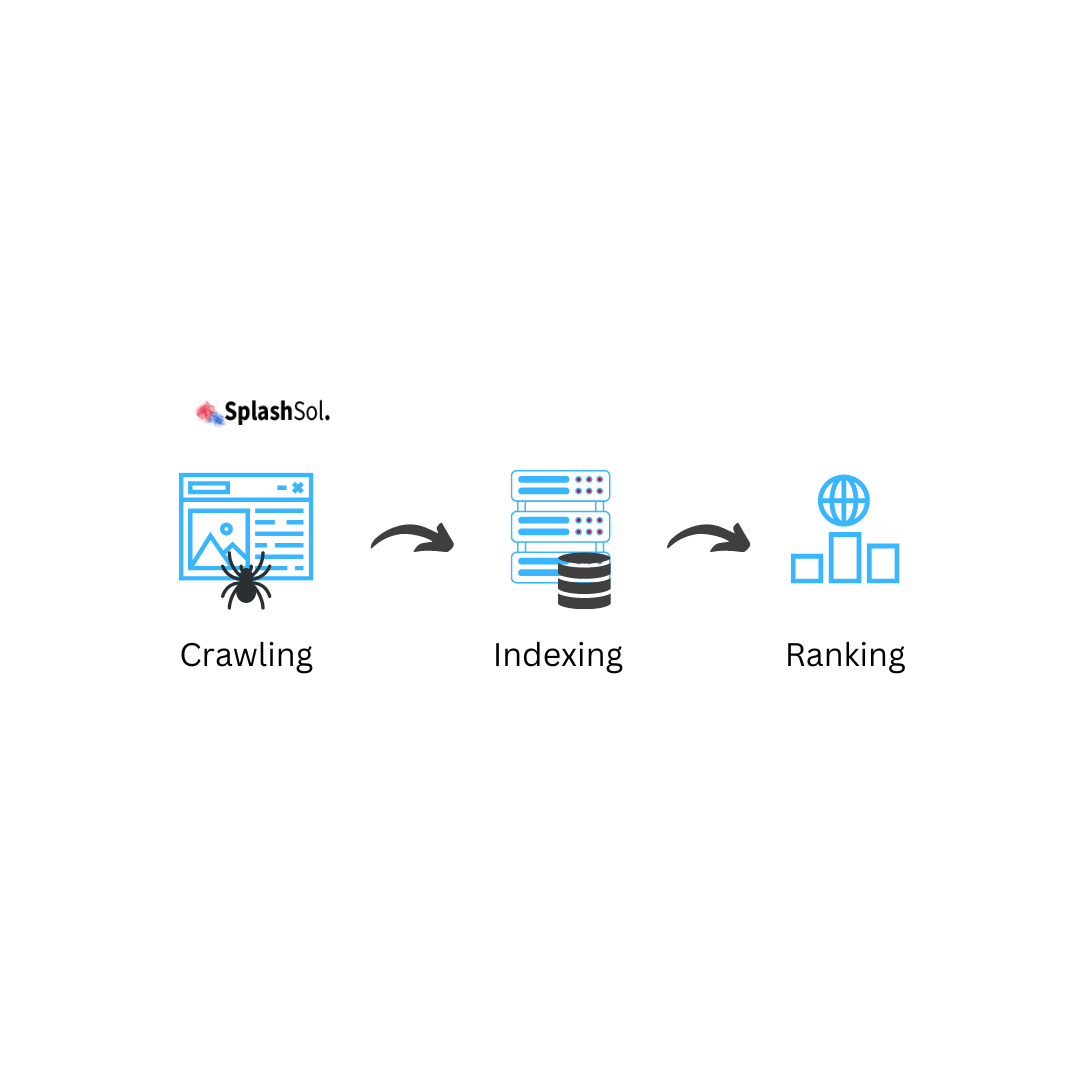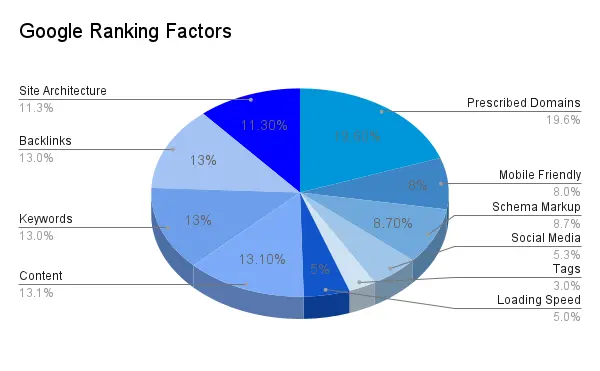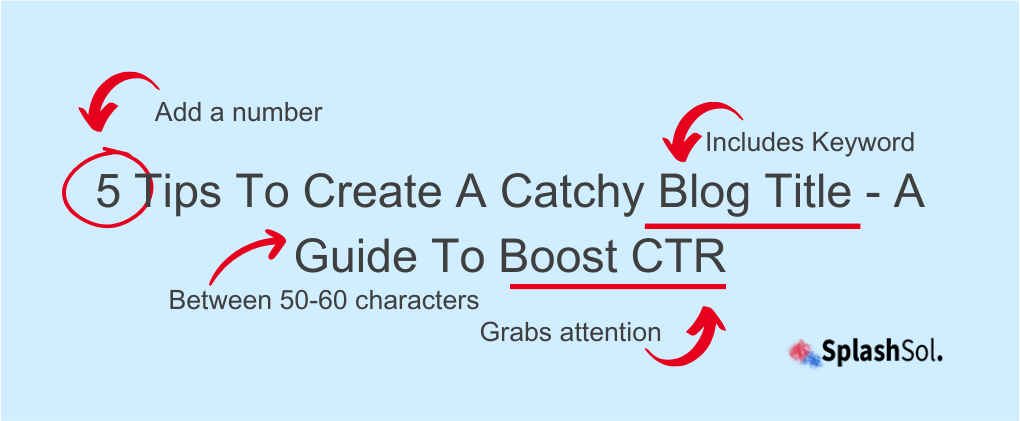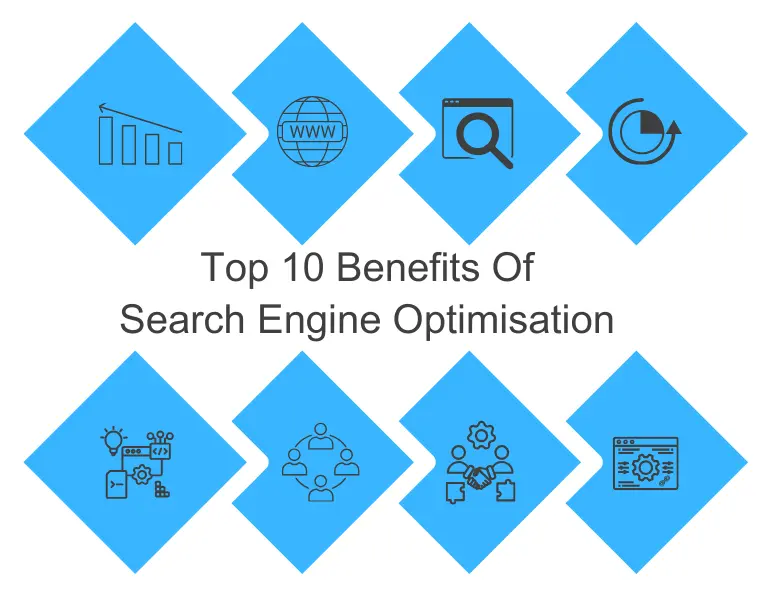In the ever-evolving world of Search Engine Optimisation (SEO), understanding the metrics that shape a website’s visibility is paramount. One such metric that often takes centre stage is Domain Authority (DA).
- The average website has a domain authority (DA) of 20.
- The top 10% of websites have a DA of 70 or higher.
Definition Of Domain Authority (DA)
Domain Authority, abbreviated as DA, is a numerical metric that reflects the overall authority and credibility of a website in the eyes of search engines. Developed by Moz, a leading SEO software provider, DA is not a metric used by search engines but rather a tool to help marketers and website owners understand the competitive landscape. It is scored on a scale from 1 to 100, with higher scores indicating a stronger and more authoritative online presence.
The importance of Domain Authority in SEO cannot be overstated. While it is not a direct ranking factor used by search engines like Google, it serves as a valuable benchmark for assessing a website’s potential to rank well in search results.
Websites with higher DA scores are generally considered more trustworthy and are likely to enjoy better visibility in the billions of search engine results pages (SERPs).
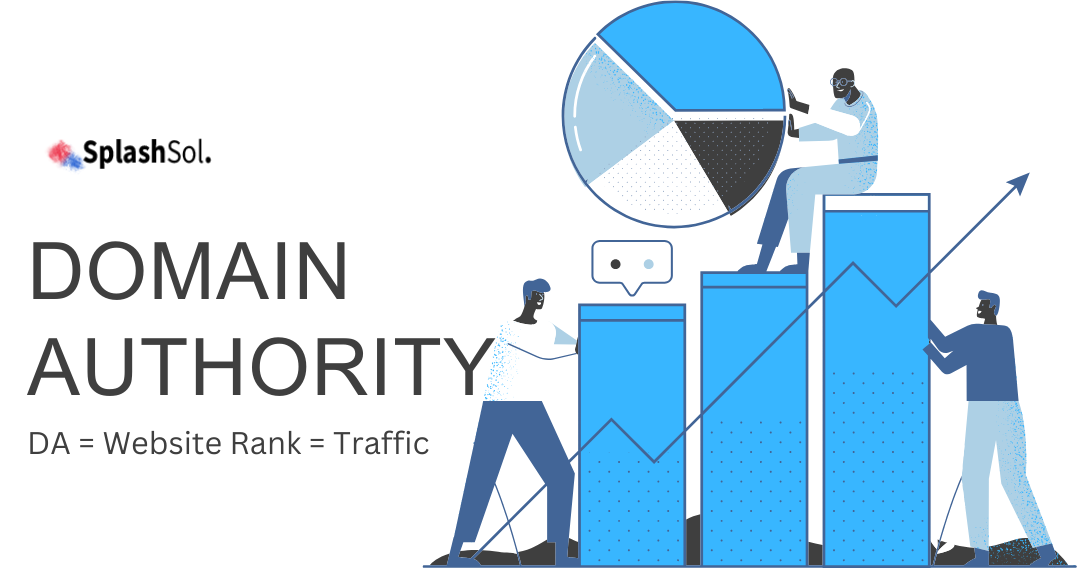
Whether you are a seasoned SEO professional looking to fine-tune your approach or a business owner navigating the complexities of online visibility, this blog will provide valuable insights into the role of Domain Authority in shaping your website’s success.
Understanding Domain Authority
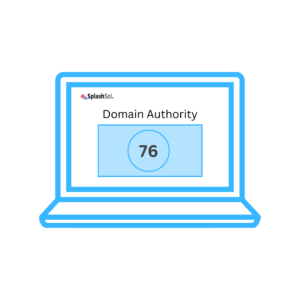
In Search Engine Optimisation (SEO), the roots of Domain Authority (DA) can be traced back to the innovative minds at Moz. Moz, a prominent figure in the SEO software sphere, introduced Domain Authority as a metric to gauge the overall authority of a website.
Originally devised as a tool for SEO professionals and webmasters, it has evolved into a pivotal benchmark for online prominence.
The development of DA was spurred by a need for a quantitative measure that encapsulates a website’s credibility. By amalgamating various factors into a numerical score, Moz sought to provide a clearer picture of a domain’s standing in the digital realm.
This journey from conceptualisation to widespread adoption underscores the significance of Domain Authority in the contemporary SEO landscape.
Components That Contribute To DA
Multiple components intricately weave together when calculating Domain Authority to form a holistic evaluation of a website’s prowess. Understanding these components is pivotal for those seeking to elevate their DA and their SEO game.
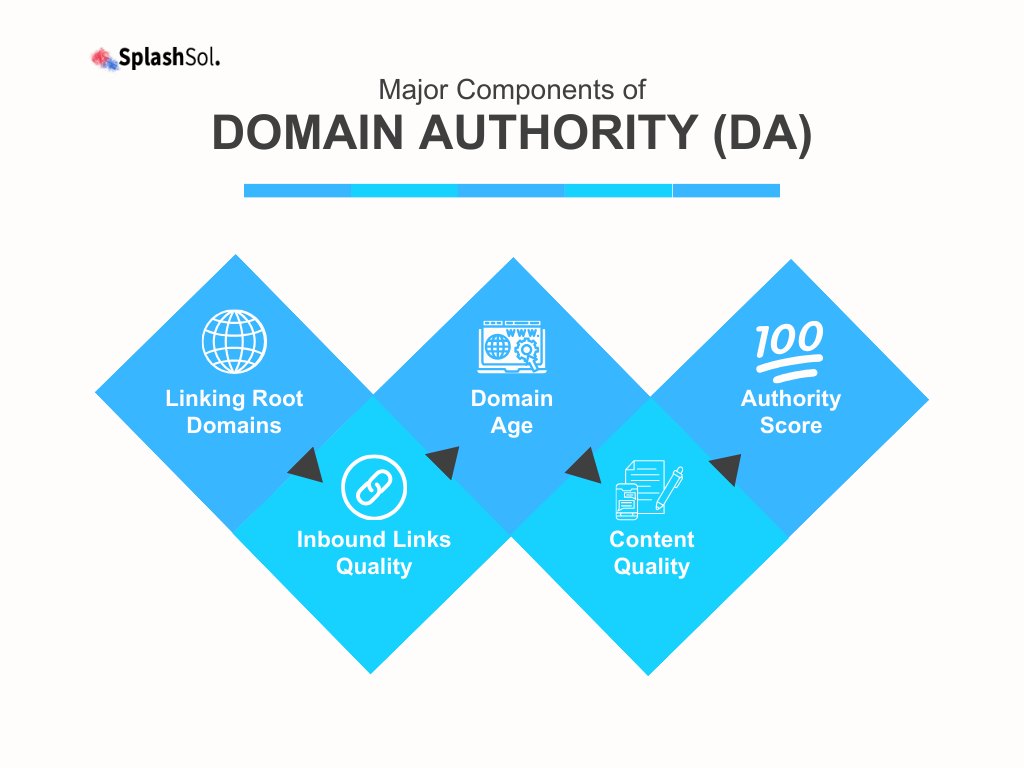
Linking Root Domains
At the core of DA lies the evaluation of linking root domains. This metric counts the number of unique backlinking domains pointing to a website. The rationale is rooted in the principle that the more diverse and authoritative websites link to a domain, the higher its overall authority.
Quality And Relevance Of Inbound Links
Not all links are created equal. The quality and relevance of inbound links play a pivotal role in determining a website’s Domain Authority.
Links from reputable, authoritative sites carry more weight than those from less established sources. Additionally, the relevance of the linking site’s content to the target site contributes to the overall assessment.
Other Factors Influencing DA
Beyond linking metrics, various other factors influence the calculation of Domain Authority. While Moz doesn’t disclose the full algorithm, it’s known that factors such as the website’s overall structure, the domain’s age, and even social signals can have an impact.
How Is Domain Authority Calculated?
While the precise details remain proprietary, Moz has been transparent about the fundamental principles that underpin the calculation.
The algorithm primarily revolves around the evaluation of a website’s backlink profile. Linking metrics, such as the number of linking root domains and the quality of inbound links, are central to the computation. Moz employs a sophisticated model that considers these links’ diversity, authority, and relevance. The result is a numerical score on a scale from 1 to 100, with higher scores indicating a stronger digital authority.
Beyond links, Moz factors in various other elements, such as the overall structure of the website and the domain’s age. This multidimensional approach ensures a comprehensive assessment, capturing the nuances of a website’s authority in the vast digital landscape.
Tools And Platforms For Checking DA
Keeping a finger on the pulse of your website’s Domain Authority is crucial for informed SEO strategies. Fortunately, several tools and platforms provide easy access to this metric, allowing webmasters and SEO professionals to track SEO and analyse their digital standing.
| Moz’s Open Site Explorer |
Moz offers its own tool, Open Site Explorer, allowing users to check a website’s DA and other valuable metrics. It provides insights into the backlink profile and helps identify areas for improvement. |
| Ahrefs |
Ahrefs is another comprehensive SEO tool that offers a domain rating (DR), similar to DA. It provides detailed backlink analysis, keyword research, and other SEO metrics. |
| SEMrush |
SEMrush is a versatile SEO suite that offers a domain authority metric. It also provides a holistic view of a website’s SEO performance, including keyword rankings and traffic analytics. |
Common Misconceptions About DA Calculations
As Domain Authority plays a pivotal role in SEO strategy, misconceptions about its calculations can lead to misguided efforts. It’s crucial to dispel these myths and foster a more accurate understanding.
- Quantity Over Quality: A common misconception is prioritising the quantity of backlinks over their quality. While the number of links is a factor, the emphasis should be on acquiring high-quality, relevant links from authoritative sources.
- Static Score: Some assume that DA is a fixed, unalterable score. In reality, it is dynamic and can fluctuate based on various factors, including changes in the backlink profile and algorithm updates.
- Direct Influence on Search Rankings: While a high DA is indicative of a strong website, it’s important to note that DA itself is not a direct ranking factor used by search engines. It is a tool for assessing potential competitiveness rather than a cause-and-effect metric.
Significance Of Domain Authority In SEO
Domain Authority (DA) takes centre stage as a website performance indicator. While not a direct ranking factor employed by search engines like Google, DA plays a pivotal role in influencing search engine rankings indirectly.
- Websites with higher DA scores are seen as more trustworthy and authoritative.
- Higher DA positively impacts visibility in search engine results pages (SERPs).
- Search engines use DA as a gauge of a website’s overall quality.
- A strong DA increases the likelihood of being perceived as a valuable resource.
- This perception can lead to a potential boost in search rankings.
- Understanding and strategically improving DA is integral to a comprehensive SEO strategy.
Impact On Organic Traffic
The relationship between Domain Authority and organic traffic is symbiotic. A higher DA not only correlates with better search engine rankings but also tends to attract more organic traffic. As a website’s authority and credibility increase, it becomes more appealing to both search engines and users.
Users are more likely to click on links from websites they perceive as authoritative, and search engines, in turn, aim to deliver results that align with this user preference.
Consequently, websites with elevated DA often experience an uptick in organic traffic, contributing to a broader reach and increased visibility within their target audience.
Relationship Between DA And Other SEO Metrics
Domain Authority intertwines with various other factors in the tangled web of SEO metrics, creating a relationship that shapes a website’s overall digital presence.
| SEO Metric |
Relationship With DA |
| Link Profile |
DA is closely tied to a website’s link profile. As websites strive to improve their DA, they often use link-building strategies, cultivating a robust link profile. The quality and diversity of these links contribute to DA and metrics like Page Authority and overall search engine rankings. |
| Content Quality |
High-quality content is a cornerstone of both SEO and Domain Authority. Engaging, relevant content attracts quality backlinks and keeps users on the site, reducing bounce rates. This positive user experience further contributes to the overall SEO health of the website. |
| Technical SEO |
The technical aspects of a website, such as site speed, mobile responsiveness, and proper use of tags, can indirectly influence both Domain Authority and search engine rankings. A well-optimised website is more likely to be considered authoritative and, consequently, receive favourable treatment from search engines. |
Challenges And Limitations Of Domain Authority
- Some SEO experts argue that it oversimplifies website authority by relying mainly on link-related metrics.
- Critics contend that this singular focus may not capture the full spectrum of a website’s credibility.
- Concerns exist about the proprietary nature of the DA algorithm created by Moz.
- Moz keeps the exact calculations under wraps, leading to speculation and debate in the SEO community.
- The lack of transparency raises questions about the metric’s objectivity and alignment with search engine algorithm standards.
Instances Where DA Might Not Accurately Reflect A Website’s Authority
While DA is a valuable metric, there are instances where it might not provide a complete picture of a website’s authority. For example:
- New Websites: Domain Authority favours older domains with established backlink profiles. New websites, even if high-quality, may struggle to attain a competitive DA quickly.
- Niche Relevance: DA may not always account for niche relevance. A website could have a high DA, but might not be considered an authority in a specific niche. Niche relevance is crucial for targeted audiences.
- Algorithmic Updates: Changes in the DA algorithm or updates to search engine algorithms can impact a website’s DA score. It’s crucial to adapt strategies to align with evolving standards.
How To Increase Domain Authority
Despite the challenges, improving Domain Authority is a tangible goal that can positively impact a website’s SEO performance. Here are strategies to enhance DA:
| Quality Link Building |
Focus on acquiring high-quality, relevant backlinks from authoritative sources. Building a diverse and natural link profile contributes significantly to DA. |
| Content Optimisation |
Create and optimise high-quality, valuable content. Content that attracts organic links and keeps users engaged can positively influence DA. |
| Technical SEO |
Ensure your website is technically sound. Optimise site speed, improve mobile responsiveness, and fix crawl errors. Technical SEO improvements contribute to a positive user experience, indirectly benefiting DA. |
| Social Media Presence |
While not a direct ranking factor, a robust social media presence can enhance brand visibility and indirectly contribute to a website’s authority. |
| Disavow Harmful Links |
Regularly audit your backlink profile and disavow harmful or low-quality links. Maintaining a clean and reputable link profile is essential for improving and preserving DA. |
Domain Authority Vs. Page Authority
Both metrics, developed by Moz, assess different facets of a website’s online standing.
- Domain Authority (DA): This metric gauges an entire domain’s overall authority and credibility. It considers the cumulative impact of all the pages on a website and indicates the website’s prowess as a whole.
- Relevance: DA is particularly relevant when assessing a website’s overall strength and authority. It provides a broad view of a domain’s credibility, making it useful for high-level SEO strategy.
- Competitive Analysis: Comparing the DA of different websites in the same niche helps understand the competitive landscape. Websites with higher DA are often considered more competitive in search engine rankings.
- Page Authority (PA): In contrast, Page Authority is specific to individual pages within a domain. It assesses the authority of a single webpage, considering factors like the quality and relevance of its content and the strength of its backlink profile.
- Individual Page Performance: PA is crucial when evaluating the authority of specific pages. This metric is useful when optimising individual pages for specific keywords or topics.
- Content Optimisation: Understanding and improving Page Authority is vital for content-focused strategies, such as blog posts or landing pages. It guides efforts to enhance the visibility and authority of particular content pieces.
| Metric |
When to Emphasise |
Strategies to Improve |
| Domain Authority |
Assessing overall website strength |
Quality link-building across the entire domain, content optimisation for the entire site, and technical SEO improvements. |
| Page Authority |
Optimising specific content |
In-depth keyword research, creating high-quality, relevant content, and obtaining targeted, authoritative backlinks to specific pages. |
Examples Of Websites With High DA And Their Strategies
BBC News (DA: 95): BBC News stands as an exemplary case of a website with a high Domain Authority. The site’s strategy revolves around authoritative and timely content, bolstered by a robust link-building approach. Backlinks from reputable sources and a commitment to delivering reliable news have solidified BBC News as a digital authority.
Wikipedia (DA: 93): Wikipedia, the crowdsourced encyclopedia, exemplifies the power of user-generated content and extensive interlinking. Its open collaboration model has led to a wealth of high-quality content, attracting a diverse array of authoritative backlinks. Wikipedia’s commitment to accuracy and breadth of information has contributed significantly to its high DA.
Frequently Asked Questions
What is Domain Authority in SEO?
Domain Authority (DA) in SEO is a numerical metric, ranging from 1 to 100, that gauges the overall credibility and authority of a website. Developed by Moz, it considers factors like the quality and quantity of inbound links. Websites with higher DA are likely to rank better in search engine results.
Is Domain Authority a ranking factor?
Domain Authority (DA) is not a direct ranking factor used by search engines like Google. Instead, it’s a metric developed by Moz to help assess a website’s overall authority based on link-related factors. While a high DA is correlated with better rankings, it doesn’t directly influence a site’s position in search results.
Is Domain Authority the same as domain ranking?
No, Domain Authority (DA) and domain ranking are distinct concepts. DA, developed by Moz, is a proprietary metric gauging a website’s overall authority. Domain ranking is a more general term that may refer to a website’s position in search results, which is influenced by various factors, including but not limited to DA.
Is domain age a ranking factor?
Domain age is a consideration in search engine ranking algorithms, but it’s not a standalone or decisive factor. While older domains may accumulate more credibility over time, search engines primarily assess content quality, relevance, and the overall authority of a website through factors like links and user engagement.
What is DA and PA in SEO?
DA (Domain Authority) and PA (Page Authority) are SEO metrics developed by Moz. DA measures a website’s overall authority, considering factors like link quality. PA assesses the authority of individual pages. Both scores range from 1 to 100, with higher values indicating stronger credibility and potential for higher search engine rankings.



